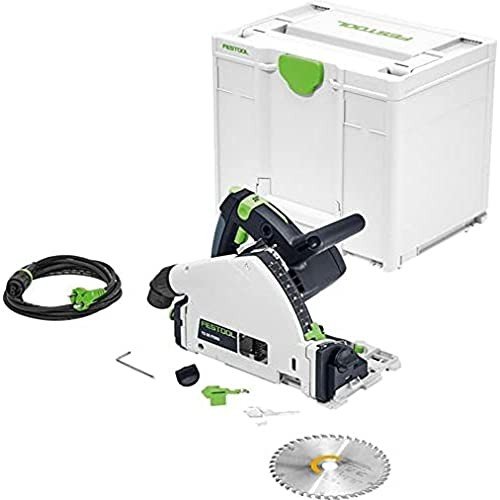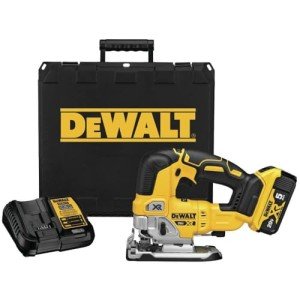What's The Current Job Market For Professional Mitre Saws Professional…
페이지 정보
작성자 Ima 작성일 25-11-10 21:09 조회 4 댓글 0본문

The Definitive Guide to Professional Mitre Saws: Choosing the Right Tool for Your Workshop
Professional mitre saws are vital tools for professionals, woodworkers, and DIY lovers alike. With their capability to make accurate crosscuts and angled cuts, mitre saws stand out in the woodworking world for their accuracy and versatility. This blog post intends to offer an in-depth overview of professional mitre saws, including their functions, types, upkeep tips, and more.

What is a Mitre Saw?
A mitre saw is a power tool used mainly for making precise crosscuts and mitre cuts in wood and other products. Mitre saws can be found in different types, each created to serve various functions and suit various tasks. Specialists typically rely on them for picture framing, kitchen cabinetry work, and other jobs where precise cuts are important.
Kinds Of Mitre Saws
When thinking about a mitre saw, it's crucial to understand the various types readily available. Here's a breakdown of the most typical types:
| Type | Description | Best For |
|---|---|---|
| Standard Mitre Saw | Easy and efficient for crosscuts at numerous angles. | Fundamental cuts in wood or similar materials. |
| Compound Mitre Saw | Can tilt for bevel cuts while making mitre cuts. | Crown molding, baseboards, and more complex cuts. |
| Sliding Compound Mitre Saw | Functions a sliding mechanism for increased capability. | Broader boards, big jobs needing more range. |
| Dual-Bevel Mitre Saw | Can tilt left and right, permitting quick bevel changes. | Complex joinery, completing work where both sides need cutting. |
| Laser Guide Mitre Saw | Equipped with a laser for precise positioning of cuts. | Whether for newbies or pros trying to find precision. |
Key Features to Consider
When picking a professional mitre saw, a number of functions can affect your choice. Here's what to try to find:
- Blade Size: Common blade sizes range from 10 to 12 inches, with larger blades enabling much deeper cuts.
- Cutting Capacity: The optimum width and thickness of the product you can cut.
- Bevel Range: A broader bevel variety enables flexible angled cuts.
- Laser Guide: This feature aids in attaining precise cuts and aligns the blade with the cut line.
- Dust Collection System: Reduces mess and keeps the office clean.
- Portable Design: For those who need to transfer their Miter Saws frequently.
- Brand Reputation: Brands with a strong track record generally use reputable guarantees and consumer support.
Upkeep Tips for Prolonged Use
Keeping a mitre saw is key to ensuring its durability and performance. Here are some vital maintenance suggestions:
- Keep it Clean: Regularly clean the Mitring Saw of dust, wood chips, and debris to preserve accuracy.
- Blade Maintenance: Check the blade for dullness; change or sharpen it when needed.
- Right Alignment: Make sure the blade and positionings are squared; this makes sure accurate measurements.
- Lubrication: Keep moving parts lubricated to decrease friction and prevent wear.
- Routine Inspections: Check for any loose screws or harmed parts frequently.
- Safe Storage: Store the mitre saw in a dry location, ideally in its original case or a designated storage location.
Selecting the Right Blade
Picking the ideal blade can significantly affect the quality of cuts. Here's a list of common blade types and their suggested use:
| Blade Type | Use Case |
|---|---|
| Crosscut Blade | Ideal for cutting wood throughout the grain. |
| Rip Blade | Best for cutting wood along the grain. |
| Mix Blade | Versatile for both crosscutting and ripping. |
| Dado Blade | Used for making grooves or dados in wood. |
| Fine-Tooth Blade | Great for laminated materials or plywood. |
Popular Brands of Mitre Saws
A number of makers concentrate on mitre saws. Below are some of the most acknowledged brands in the market:
| Brand | Noteworthy Features | Typical Price Range |
|---|---|---|
| DeWalt | Quality develop, powerful motors, great service warranty | ₤ 300 - ₤ 800 |
| Bosch | Precision engineering, ergonomic style | ₤ 250 - ₤ 700 |
| Makita | Light-weight, impressive cutting capacity | ₤ 300 - ₤ 900 |
| Hitachi | Reliable and affordable alternatives | ₤ 250 - ₤ 600 |
| Ryobi | Ideal for beginners, budget-friendly | ₤ 150 - ₤ 400 |
FREQUENTLY ASKED QUESTION
Q1: What is the difference in between a mitre saw and a table saw?A: A mitre Mitring Saw is mostly for making crosscuts and angled cuts, while a table saw is more flexible for ripping and crosscutting bigger sheets of wood.
Q2: Can mitre saws be used for metal cutting?A: While some mitre saws can cut metal with the ideal blade, it is generally recommended to utilize a dedicated metal cutting saw. Q3: How can I enhance my cutting
accuracy?A: Utilize a stop block for duplicated cuts, ensure your Miter Chop Saw is appropriately adjusted, and invest in a blade guide for exact positioning. Q4: Can I use a mitre saw for other materials?A: Yes, mitre saws can be used on plastic, laminate, and some soft metals when equipped with the suitable blade. Q5: What safety preventative measures must I take?A: Always use safety goggles, use ear defense, and guarantee your workspace is clear of challenges. Followthe producer's guidelines for safe operation. A professional mitre saw is an essential tool that can substantially boost the efficiency and precision of woodworking projects. When picking a mitre saw, consider
the types, features, and brands that align with your job requires. Keep in mind to maintain your tool appropriately to ensure it serves you well over time. With the best mitre saw in hand, you'll be geared up to deal with a large range of tasks with self-confidence.
댓글목록 0
등록된 댓글이 없습니다.
